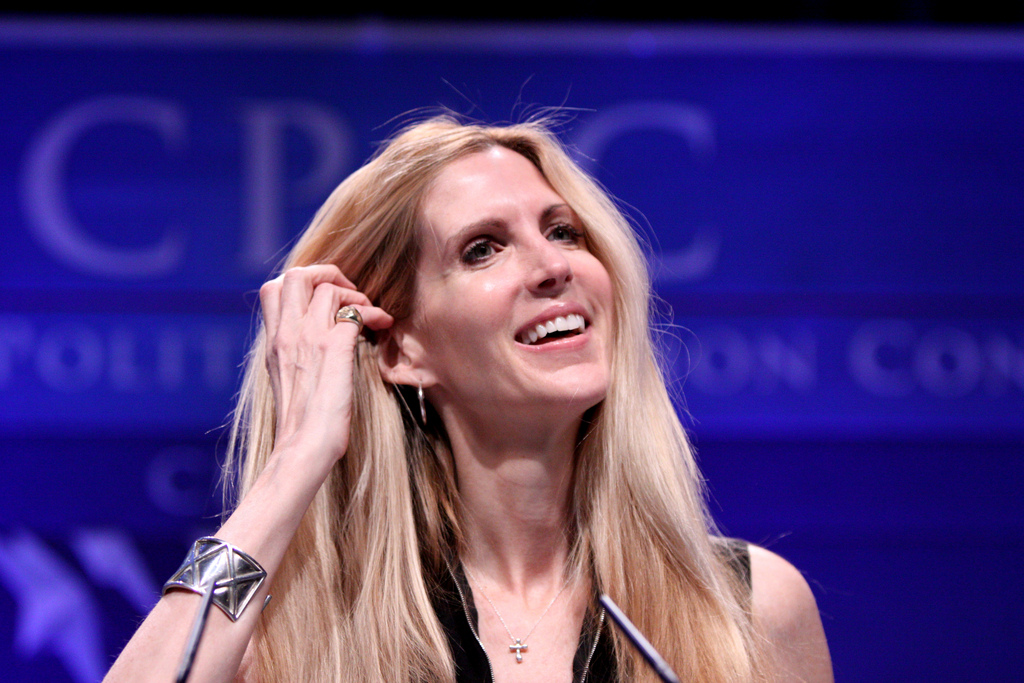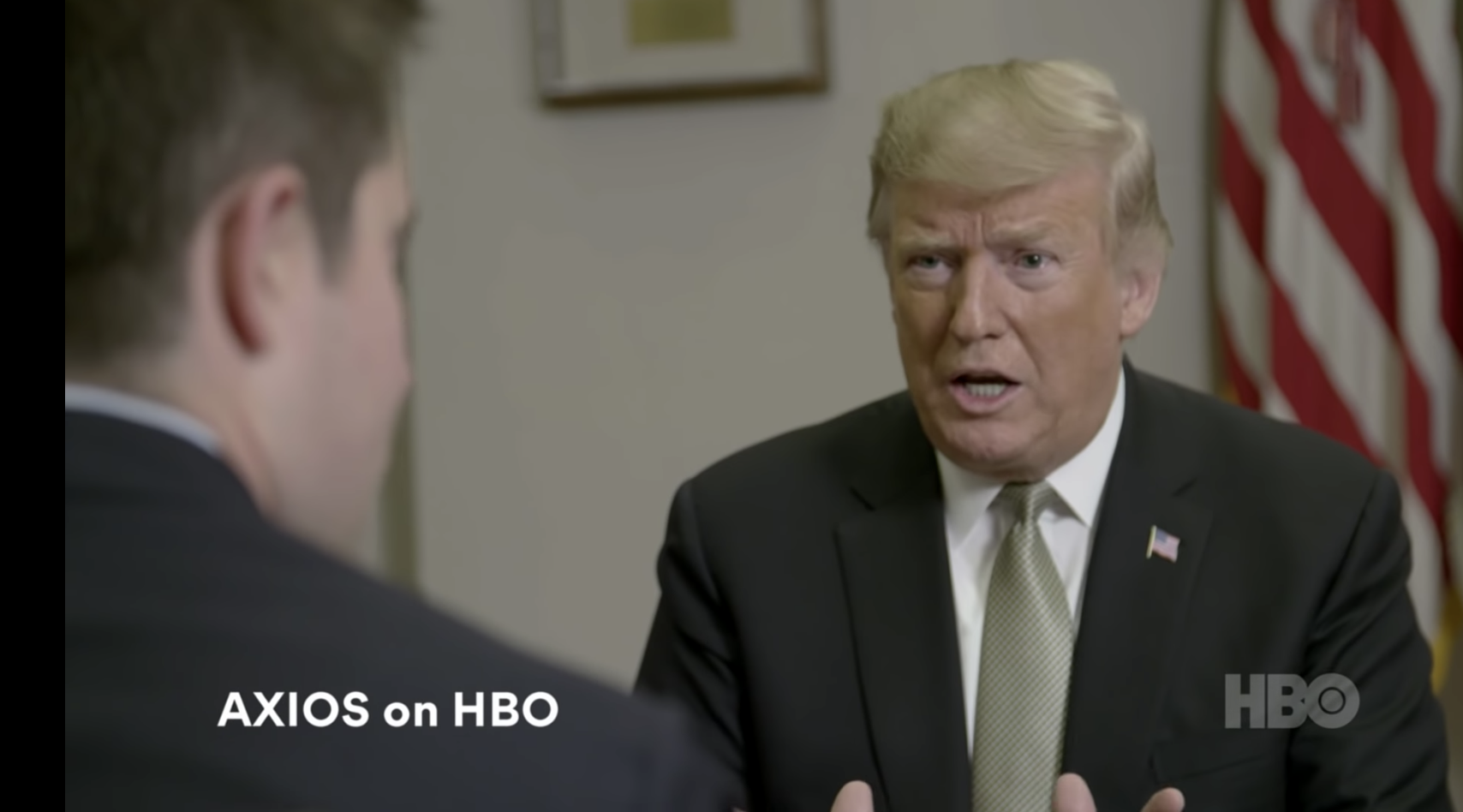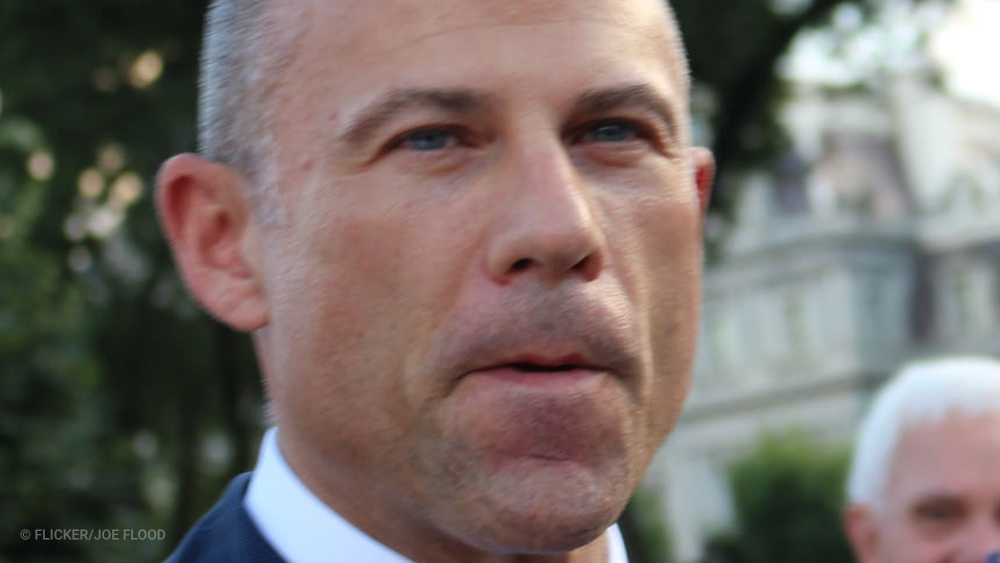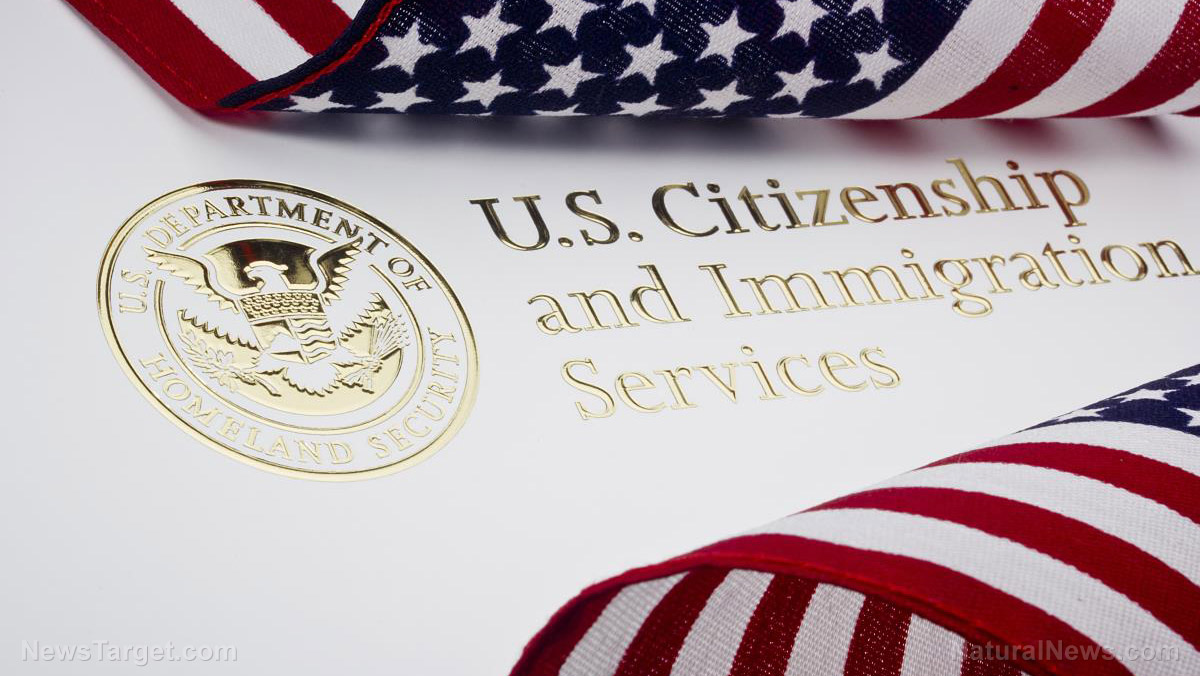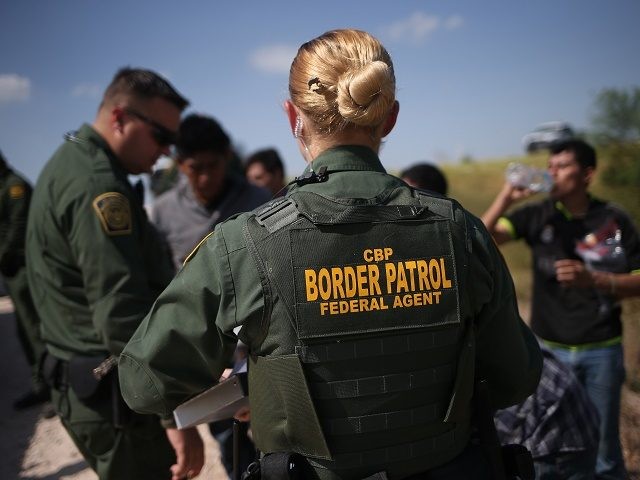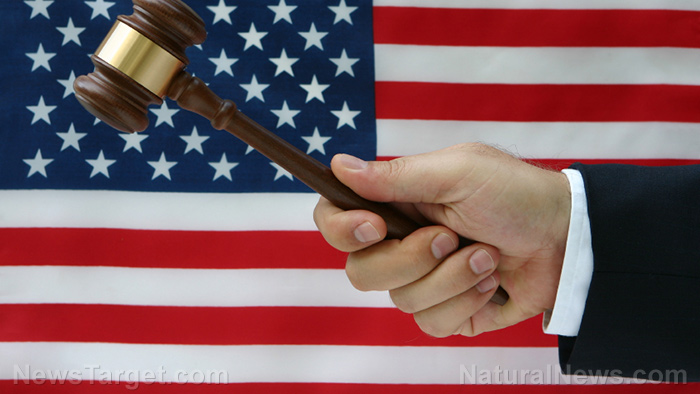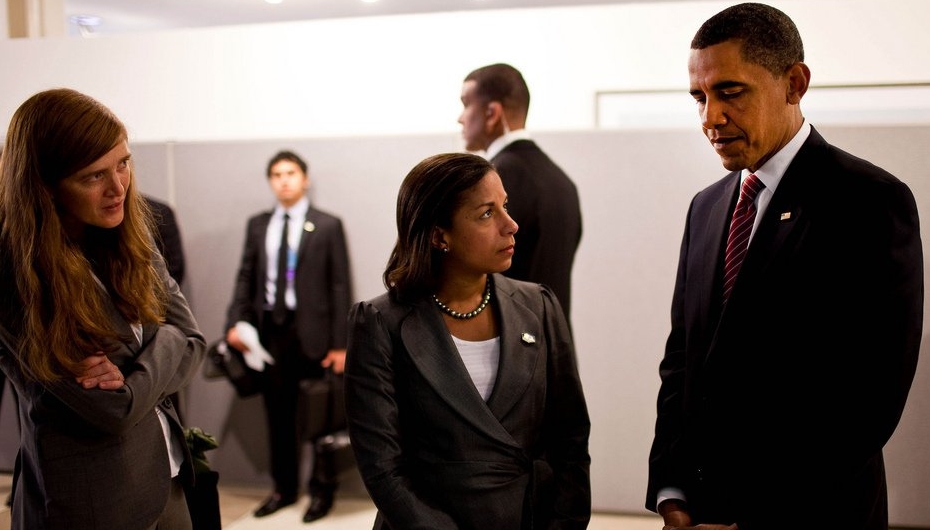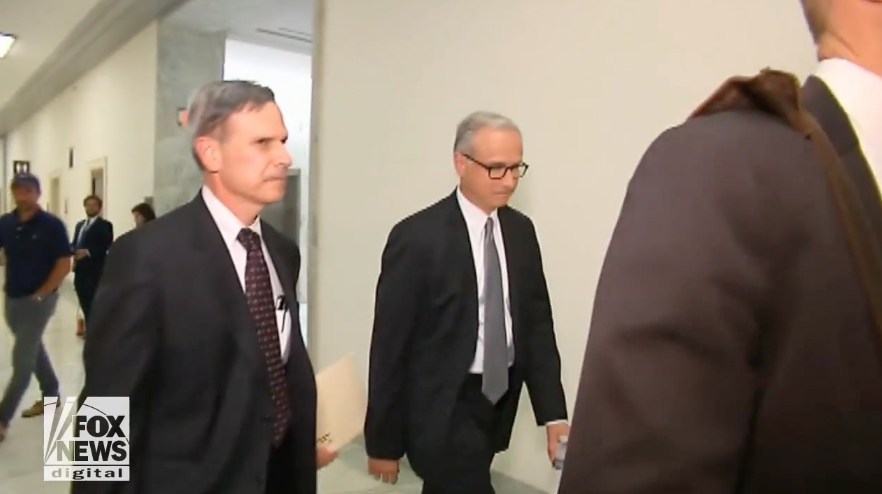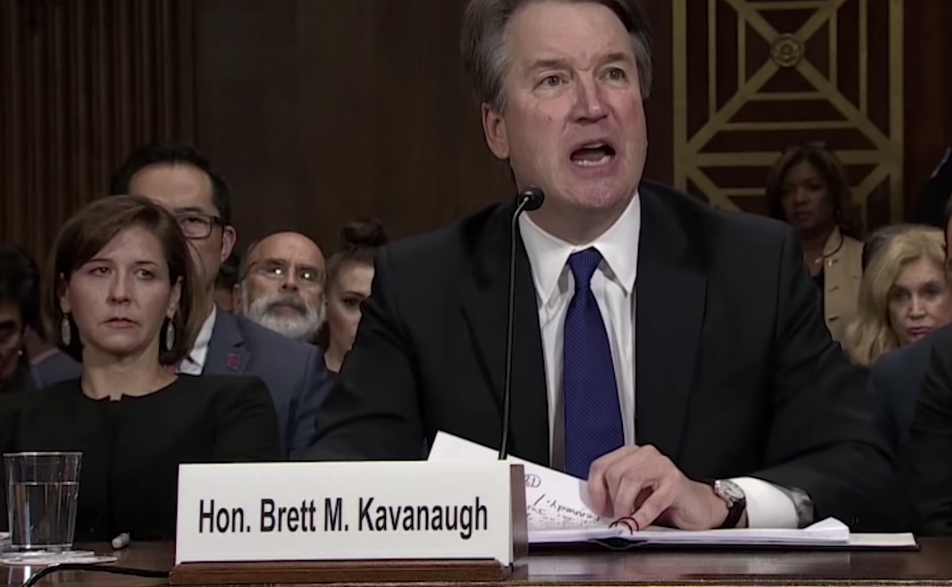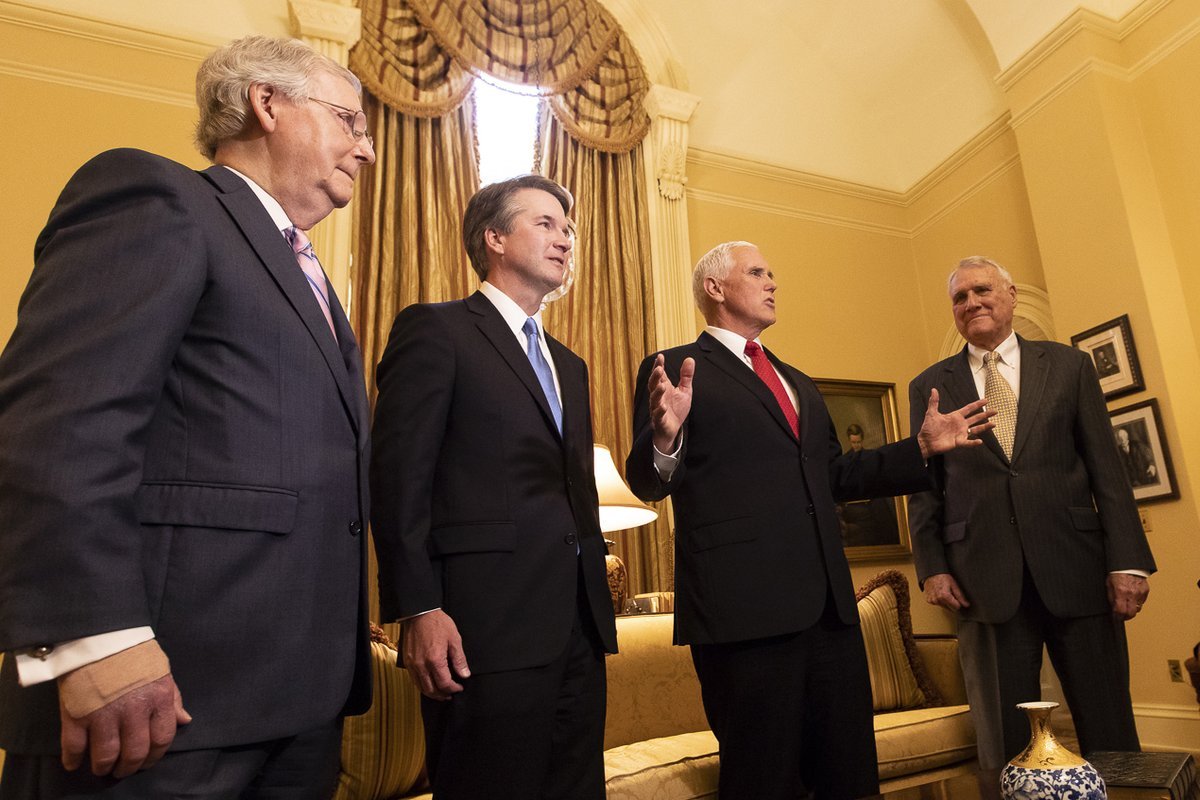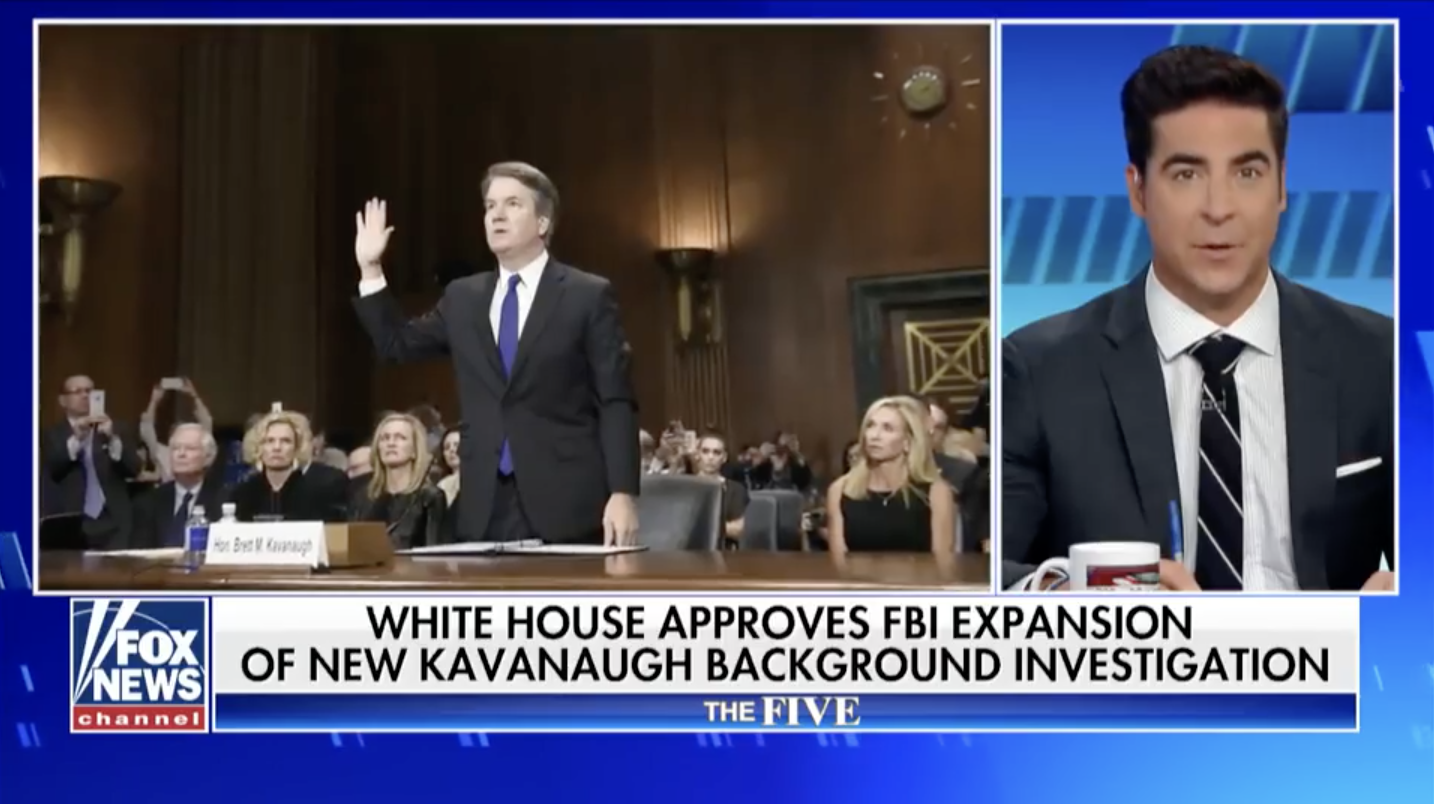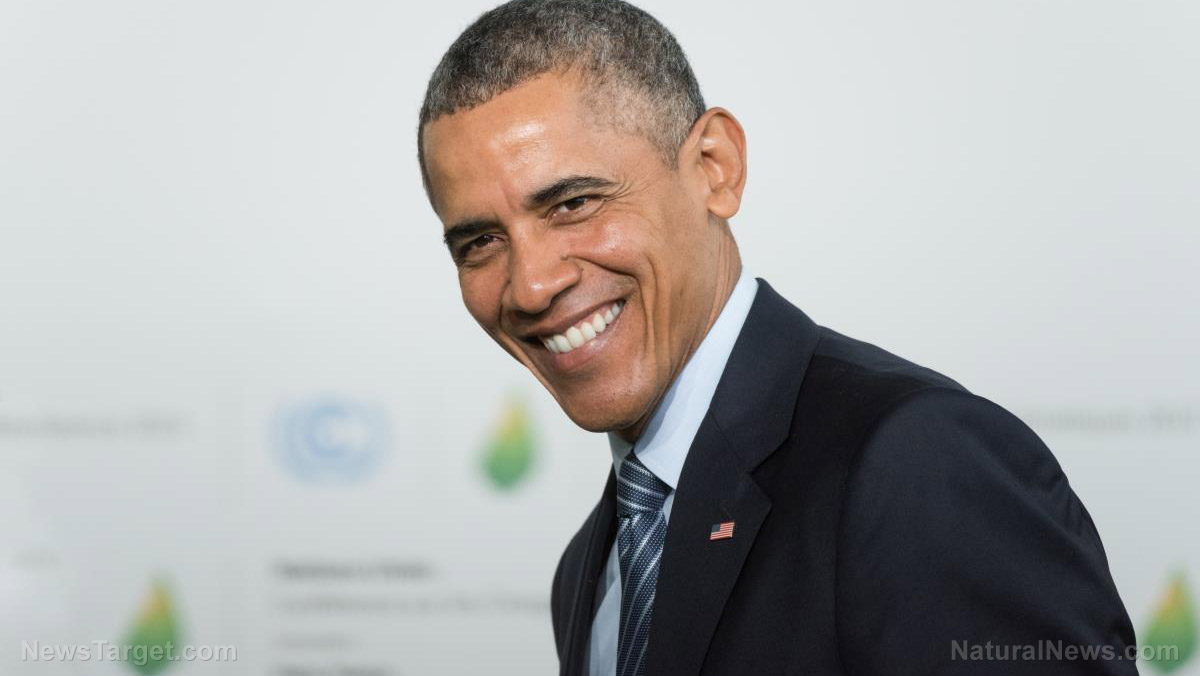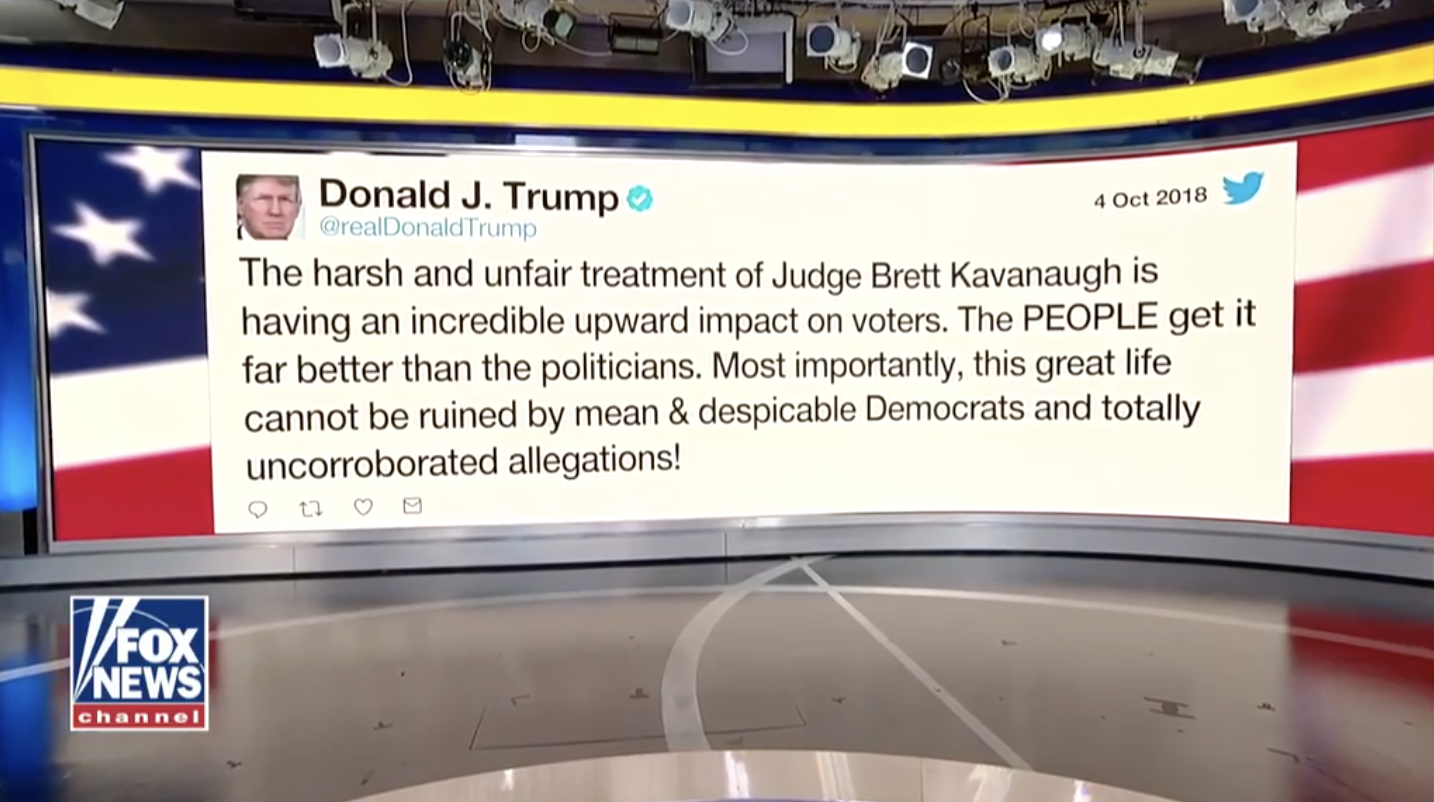Trump claims “vindication” after Comey’s testimony as his lawyer plans to file complaint about leaked memo
06/10/2017 / By JD Heyes

President Donald J. Trump called the former FBI director, James Comey, a “leaker” who completely vindicated him during Thursday’s much-anticipated testimony before the Senate Intelligence Committee.
“Despite so many false statements and lies, total and complete vindication … and WOW, Comey is a leaker!” Trump tweeted early Friday morning.
To lend credibility to his claim, Trump also retweeted a tweet from noted liberal constitutional law professor Alan Dershowitz, who agreed that nothing Comey said during his public testimony indicated that Trump may be guilty of obstructing justice by asking the former FBI director to forego his agency’s investigation into Michael Flynn, Trump’s first national security advisor. (RELATED: As expected, the disgusting fake news media is ignoring the most damning of all revelations made by James Comey)
Despite so many false statements and lies, total and complete vindication…and WOW, Comey is a leaker!
— Donald J. Trump (@realDonaldTrump) June 9, 2017
“We should stop talking about obstruction of justice. No plausible case. We must distinguish from pol sins,” wrote Dershowitz, alluding to the president’s ‘political’ sin of discussing an investigation with Comey.
We should stop talking about obstruction of justice. No plausible case. We must distinguish crimes from pol sins https://t.co/Us4QKJB55M
— Alan Dershowitz (@AlanDersh) June 9, 2017
As reported by The National Sentinel, Dershowitz explained further that Comey “echoed a view” the law professor has been alone in making all along, which has been assailed by Democratic lawmakers and pundits:
Comey confirmed that under our Constitution, the president has the authority to direct the FBI to stop investigating any individual. I paraphrase, because the transcript is not yet available: the president can, in theory, decide who to investigate, who to stop investigating, who to prosecute and who not to prosecute. The president is the head of the unified executive branch of government, and the Justice Department and the FBI work under him and he may order them to do what he wishes.
Dershowitz explained further in a column for the Washington Examiner that President Richard Nixon’s behavior during the Watergate scandal formed the one notable exception when it came to the issue of presidential obstruction of justice: “It is true that among the impeachment charges leveled against President Richard Nixon was one for obstructing justice, but Nixon committed the independent crime of instructing his aides to lie to the FBI, which is a violation of section 1001 of the federal criminal code.”
He also said that Democrats’ incessant desire to “get” Trump is driving their obstruction of justice push and leading them to ignore all of the precedent, which is endangering “our civil liberties and constitutional rights.”
Though Comey did not provide any compelling evidence that the president has committed a crime, he may have inadvertently implicated himself in one. One of the bombshell revelations during his testimony was touched upon by Trump in his early-morning tweet: That Comey himself is a leaker of confidential government records, an admission that Trump attorney Marc Kasowitz will reportedly use to form the basis of a complaint against the former FBI director with the Department of Justice’s inspector general.
“I asked a friend of mine to share the content of a memo with the reporter,” Comey told the Senate. “I didn’t do it myself for a variety of reasons, but I asked him to because I thought that might prompt the appointment of a special counsel.”
The friend was Columbia University Law School Prof. Dan Richman, who is close with Comey, friends of Richman told NBC News.
Comey justified his leaking by claiming that he “was honestly concerned that [Trump] might lie about the nature of our meeting, and so I thought it really important to document,” he said during his testimony.
But private memo or not, Comey wrote it while still serving as FBI director and, as a federal employee, he is subject to laws governing the handling and disclosure of government documents.
As noted constitutional law professor (and another liberal) Jonathan Turley wrote on his personal blog the day of Comey’s testimony, it seems very credible to believe that he is indeed subject to those laws and that the leaking of his memo is also hypocritical, given that Trump had been asking the bureau and the Justice Department to crack down on leakers.
“Besides being subject to Nondisclosure Agreements, Comey falls under federal laws governing the disclosure of classified and nonclassified information. Assuming that the memos were not classified (though it seems odd that it would not be classified even on the confidential level), there is 18 U.S.C. § 641 which makes it a crime to steal, sell, or convey ‘any record, voucher, money, or thing of value of the United States or of any department or agency thereof,’” Turley wrote.
J.D. Heyes is a senior writer for NaturalNews.com and NewsTarget.com, as well as editor of The National Sentinel.
Sources:
Tagged Under: criminal act, James Comey, President Donald J. Trump, Senate Intelligence Committee, testimony, vindication

